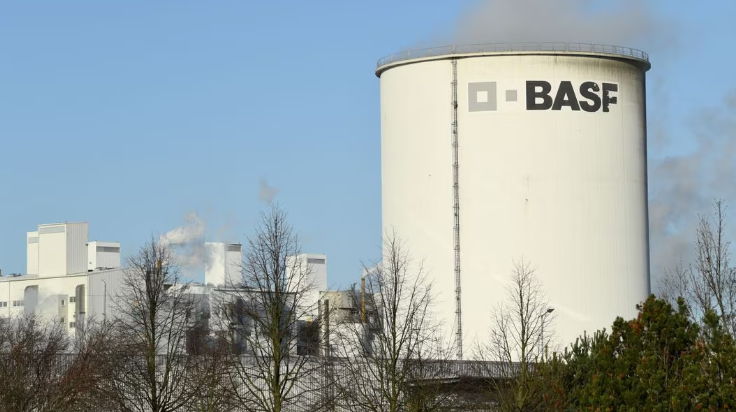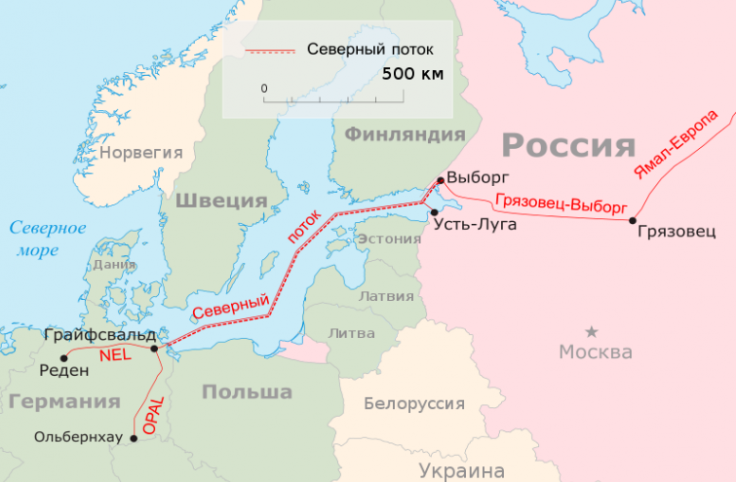Germany's BASF, the world's largest chemicals group, is cutting as many as 2,600 jobs, according to reports. The chemicals giant is facing headwinds even as Germany is on the cusp of a recession following an unprecedented energy crisis that happened in the aftermath of the Ukraine war.

BASF said 2022 was dominated by the consequences of the war in Ukraine and in particular by increased raw material and energy prices. The company added that it had to earmark a whopping €3.2 billion in energy costs in 2022 alone due to the energy crisis.
Massive Write-Down
BASF, which produces chemicals widely used in products like fertilisers, plastics, automobiles and pharmaceuticals, had said it was writing down €7.3 billion on plants that the Russian state took over in retaliation to the western sanctions following the launch of its military operation in Ukraine.
According to the Guardian, BASF reported a net loss of €627 million in 2022 after its products failed to find buyers due to a global financial crisis spawned by the war. The rise in the prices of the raw materials also affected margins.

"The high level of uncertainty that arose over the course of 2022 due to the war in Ukraine, high raw materials and energy costs in Europe, rising prices and interest rates, inflation and the development of the coronavirus pandemic will continue in 2023. All of these factors will negatively impact global demand," BASF said in a statement.
"Europe's competitiveness is increasingly suffering from overregulation, slow and bureaucratic permitting processes, and in particular, high costs for most production input factors," BASF chief executive Martin Brudermüller added, according to the Guardian.
Dire Warning
BASF had warned of steep cost cuts in October last year. The company said permanent downsizing was required due to a triple whammy of sluggish growth, high energy costs and over-regulation. "These challenging framework conditions in Europe endanger the international competitiveness of European producers and force us to adapt our cost structures as quickly as possible and also permanently," CEO Brudermueller said, according to Reuters.








